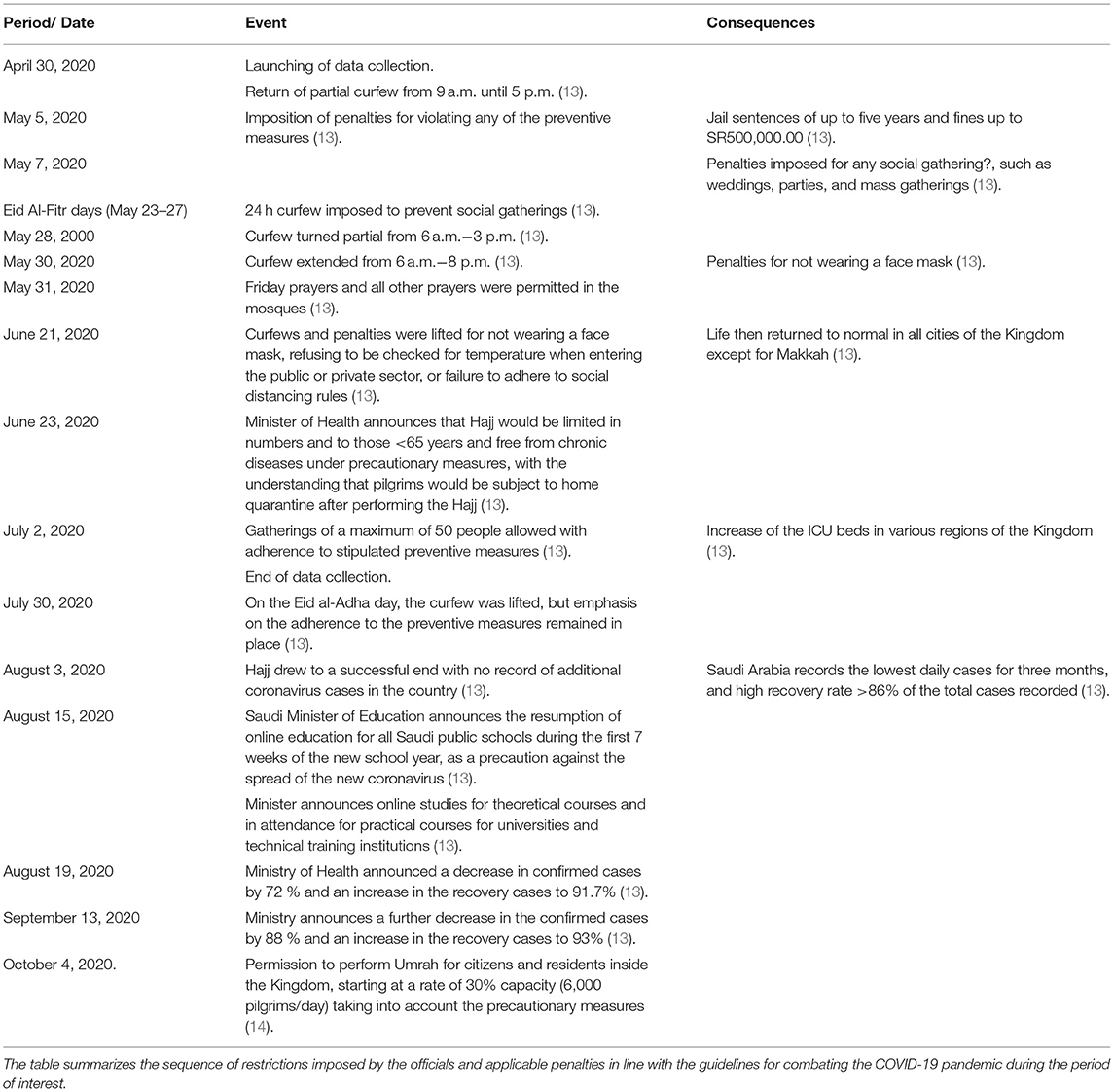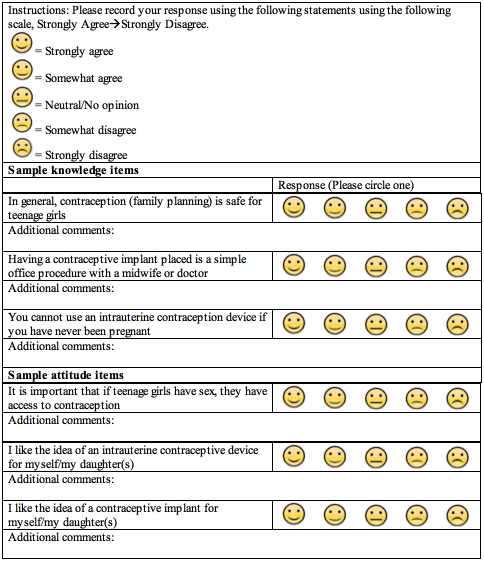

The present issue of concern is underreporting of ADR’s due to various confounding factors. These studies judged that 6.7% of hospitalized patients of the total admissions incidence of serious adverse drug reaction with a fatality rate of 0.32% 5.

4 Studies conducted among hospitalized patient populations have revealed staggering facts of incidence of serious ADR’s.

The Uppsala Monitoring Centre (UMC) in Sweden has the international database of suspected adverse drug reaction reports from all over the world. So these in formations shape the future of the government policies to protect the well-being of the people. In our country, there is a huge divergence in the population with regard to genetic and cultural traditions. The foremost responsibility of the Health care professionals is to report the ADR’s arising out of the drugs promptly and efficiently. The eventuality of ADR’s contributes significant burden to the country’s economy and also loss of quality of life. At present, there are 202 ADR monitoring centers under Pharmacovigilance Programme of India (PvPI). The committees under the National Coordinating Centre (NCC-PvPI) are the Steering committee, working group, Quality review panel, Signal review panel and the Core training panel (Fig.1). In order to strengthen the programme, and for better implementation, the National Coordinating Centre was relocated to Indian Pharmacopoeia Commission (IPC), Ghaziabad, (U.P.) from the All India Institute of Medical Sciences (AIIMS). The All India Institute of Medical Sciences (AIIMS) was established as the National Coordinating Centre (NCC) under which 22 ADR monitoring centers (AMCs) all over India were formed for monitoring Adverse Drug Reactions (ADR) in India. A combined initiated by Central Drugs Standard Control Organization (CDSCO), New Delhi, MoHFW, Government of India. 1 Pharmacovigilance Programme of India (PvPI) was formed in July 2010. Pharmacovigilance is the pharmacological science relating to the collection, detection, assessment, monitoring and prevention of adverse effects or any other drug-related problem, mainly long term or short term side effects of pharmaceutical products. Knowledge, Attitude, and Practice of Pharmacovigilance Among the Healthcare Professionals in A Tertiary Care Hospital – A Questionnaire Study. KAP of the healthcare professionals highlights the under-reporting of ADR, Multimodality interventions are needed to improve spontaneous ADR reporting.Īttitude Pharmacovigilance Knowledge Practices Underreportingĭownload this article as: Copy the following to cite this article: Attitude questions have identified the affective behaviour of the respondents and practice questions shows evidence of a paradigm shift towards an organized pharmacovigilance constructivism. The result shows difference in explicit knowledge and tacit knowledge among healthcare professionals. The statistical analysis was done using Statistical Package for Social Sciences (SPSS) version 23 software.

The present study was a cross-sectional questionnaire-based study to assess the knowledge, attitude, and practice (KAP) of pharmacovigilance among practicing healthcare professionals working in the Saveetha Medical College & Hospital, Thandalam, Chennai. In terms of number India has reported 1,81,656 ADR’s over the period from April 2011 – March 2016 to National Coordination Center (NCC) for Pharmacovigilance Programme of India (PvPI).This present study was done to identify the possible factors responsible for underreporting (UR) of adverse drug reactions (ADRs) and encourage the healthcare professionals to substantiate the Pharmacovigilance Programme of India (PvPI). Currently India’s contribution to global drug safety database is about 3%, which is meagre in comparison with the huge population. The Pharmacovigilance Programme of India (PvPI) aims at sensitizing the healthcare professionals towards strengthening the Spontaneous reporting system in order to protect the lives of millions of people living in a vast country like India. Srinivasan V 1, Sheela D 2 and Mridula D 1ġDepartment of Pharmacology, Saveetha Medical College and Hospital, Chennai-602105, India.ĢM.B.B.S, Saveetha Medical College and Hospital, Chennai-602105, India.


 0 kommentar(er)
0 kommentar(er)
